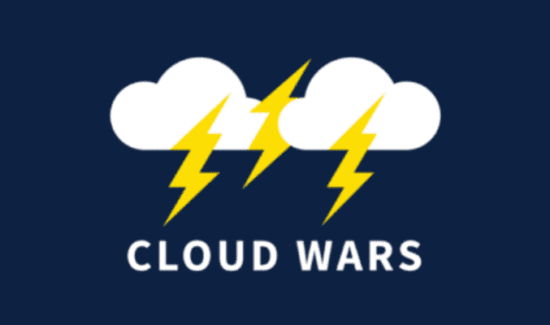Key Takeaways — The Forrester Wave: Public Cloud Development and Infrastructure Platforms, North America, Q1 2020


Technology advisory firm Forrester Research has released its latest Forrester Wave for Public Cloud Development and Infrastructure Platforms, North America, Q1 2020. The report features a research methodology that evaluates vendors with a globally distributed platform with a North American presence, a wide range of generally available development and infrastructure services, and proven North American enterprise customer adoption.
Forrester recommends organizations looking to buy public cloud development and infrastructure platforms consider providers that empower developers with varying skills and work styles, feed developers with innovations, and deliver powerful infrastructure services and operational controls.
In their 35-criteria evaluation of public cloud development and infrastructure platforms, Forrester researchers Dave Bartoletti, John R. Rymer, Christopher Mines, Sara Sjoblom, and Christine Turley identified the six providers whom they consider most significant in the category: Alibaba, Amazon Web Services (AWS), Google, IBM, Microsoft, and Oracle – then researched, analyzed, and scored them.
The Wave report details their findings and examines how each vendor meets (or falls short of) Forrester’s evaluation criteria and where vendors stand in relation to each other. At Solutions Review, we read the report, available here, and pulled out the key takeaways.
While Forrester listed six vendors in this report, the analysts noted that three solutions came out above the rest; Microsoft Azure, AWS, and Google Cloud. Azure is the top platform in the report, with Forrester awarding them the highest score for both strategy and current offering. The researchers called Azure “a strong development platform for enterprises of all sizes” and specifically complimented Microsoft’s attention to service packaging for developers and its merging of service provider and product business models together. While Forrester did comment that Azure’s artificial intelligence and machine learning capabilities aren’t the best and some users have difficulties navigating Microsoft’s sales/support organization, the report concluded that Azure will fit enterprises that want a full-featured, innovative public cloud platform.
On the Wave, AWS and Google Cloud aren’t far behind Azure, as both are located inside the Leader segment of the report. While AWS lacks a low-code development platform and is lacking in its mobile development services, Forrester highlighted its development experience for individuals and corporate development teams as a strength; the researchers also pointed out its identity, business reporting, and AI/ML services. Forrester commented on Google’s doubling down on cloud-native development and global expansion, particularly over the last two years. The vendor has popular development experience and CI/CD tools, though the analysts stated that the company needs to enhance workload-specific development experiences, mobile and web UI services, and marketplace/community strategy to close the gap between Azure and AWS.
Forrester placed IBM and Oracle in the Strong Performers category; the researchers highlighted the former vendor’s recent acquisition of Red Hat and legacy app modernization capabilities but noted that its public cloud hasn’t grown as fast as the big three, and highlighted the latter’s leading database with multimodal capabilities but pointed out that Oracle has delayed its global expansion and service innovation. Finally, Alibaba, the sole contender of the report, has an impressive innovation pace with a solid global data center footprint, but it currently lacks North American presence.
Read the Forrester Wave: Public Cloud Development and Infrastructure Platforms, North America, Q1 2020.
Looking for a managed service provider for your cloud solutions? Our MSP Buyer’s Guide contains profiles on the top cloud managed service providers for AWS, Azure, and Google Cloud, as well as questions you should ask vendors and yourself before buying. We also offer an MSP Vendor Map that outlines those vendors in a Venn diagram to make it easy for you to select potential providers.
Check us out on Twitter for the latest in Enterprise Cloud news and developments!
























